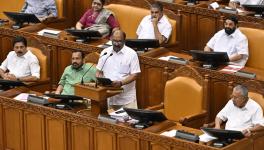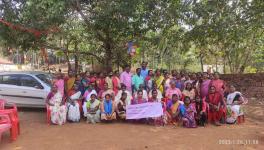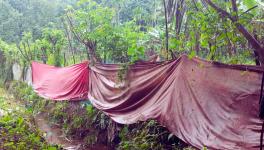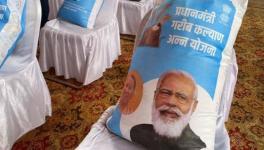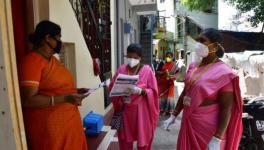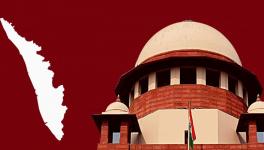SC Refers All Religious Issues, Including Women's Entry in Sabarimala, to Larger Bench
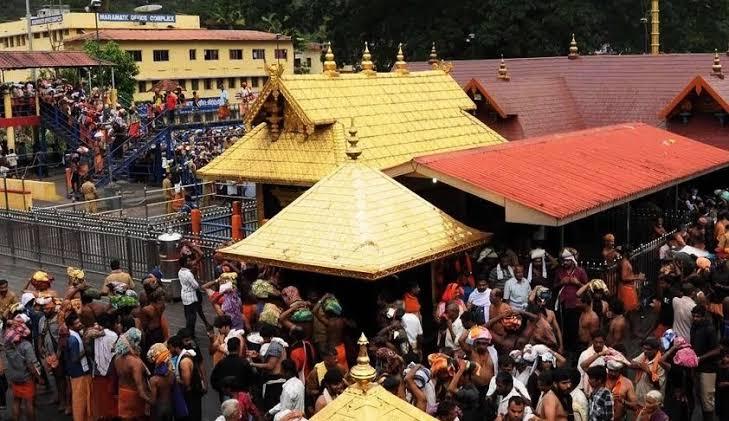
New Delhi: The Supreme Court on Thursday said a seven-judge bench will re-examine various religious issues, including the entry of women into the Sabarimala temple and mosques and the practice of female genital mutilation in the Dawoodi Bohra community.
While the five-judge bench unanimously agreed to refer the religious issues to a larger bench, it gave a 3:2 split decision on petitions seeking a review of the apex court's September 2018 decision allowing women of all ages to enter the Sabarimala shrine in Kerala.
A majority verdict by Chief Justice Ranjan Gogoi and Justices A M Khanwilkar and Indu Malhotra decided to keep pending the pleas seeking a review of its decision regarding the entry of women into the shrine, and said restrictions on women in religious places was not restricted to Sabarimala alone and was prevalent in other religions as well.
However, the majority verdict did not say anything adverse against the apex court's September 28, 2018 decision allowing women to enter the shrine nor did it stay the earlier judgement.
There is no clarity whether women can enter the shrine, which is scheduled to open for worship from November 17.
Reading out some portions of the majority view, Chief Justice Gogoi said the petitioners were endeavouring to revive the debate on religion and faith.
He added that the apex court should evolve a common policy on religious places like Sabarimala and added that the larger bench will decide the issues relating to Sabarimala, entry of women into mosques and practice of female genital mutilation.
The minority verdict by Justices R F Nariman and D Y Chandrachud gave a dissenting view by dismissing all the review pleas and directing compliance of its September 28 decision.
The split decision came on 65 petitions -- 56 review petitions, four fresh writ petitions and five transfer pleas -- which were filed after the apex court verdict of September 28, 2018 sparked violent protests in Kerala.
The apex court, by a majority 4:1 verdict, had lifted the ban that prevented women and girls between the age of 10 and 50 from entering the famous Ayyappa shrine in Kerala and held that the centuries-old Hindu religious practice was illegal and unconstitutional.
The five-judge Constitution heard the review pleas in an open court and reserved its decision after hearing the parties, including Nair Service Society, Thantry of the temple, the Travancore Devaswom Board (TDB) and the state government.
The TDB, which runs the Sabarimala temple, had made a U-turn to support the Supreme Court's order allowing women of all ages to enter the shrine.
The TDB had joined the Kerala government to oppose a batch of pleas seeking review of the historic verdict.
The Board had later asserted that its latest position was not due to any political pressure.
Some Right-wing activists alleged that the Board changed its stand before the court under pressure from the state's CPI(M)-led LDF government.
The Kerala government, which had taken conflicting stands on women's entry into the hilltop shrine, supported the verdict and urged the apex court to trash the review pleas.
Get the latest reports & analysis with people's perspective on Protests, movements & deep analytical videos, discussions of the current affairs in your Telegram app. Subscribe to NewsClick's Telegram channel & get Real-Time updates on stories, as they get published on our website.









